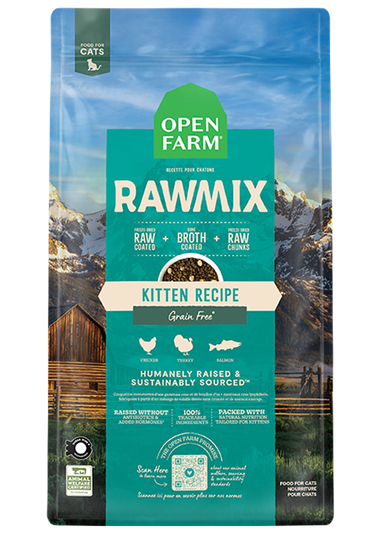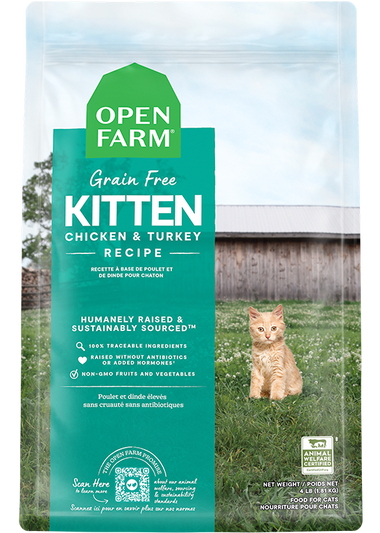If you’re a first-time cat dad or mom, you might wonder how many times a day do cats poop. Sure it’s not a pleasant thought, but the frequency of your cat’s bowel movements, how its feces look and smell are important indicators of your cat’s health.
Is there a perfect number of bowel movements per day? Like people, the number also varies for cats. However, going too often or too little can be cause for alarm.
How Many Times a Day Do Cats Poop?
A better question to ask is how many times a day should a cat poop? The general consensus among veterinarians is that pooping once or twice a day is normal. This depends on what your cat eats, how much it eats as well as other factors like your cat’s age and how active it is.
If you and your kitty have been paired up for a while, you probably have a good sense of how many times a day cats poop. As cats age, they typically go less often. So, fewer number-2s in the cat box doesn’t necessarily signal declining health.
Now that we’re talking age, let’s compare cats and kittens.
How Many Times a Day do Kittens Poop?
So, how often should kittens poop? Kittens in the earlier stages of development can easily gobble up four meals per day of high-protein kitten food. It’s normal for the number of daily bowel movements to match the number of meal consumed per day.
Will you have to scoop poop four times a day? In the beginning yes, but likely not for the full duration of kittenhood.
What’s the frequency, kitten?
As a new kitten parent you’re naturally concerned about how many times a day kittens poop as they journey towards adulthood. There’s good news. Your little one’s digestive system gets more efficient over time at handling food and waste. So, the number of bowel movement should decrease to one or two per day. Just like an adult cat.
What’s often how often should kittens poop more important than knowing how often kittens poop is whether or not the feces is a normal color and texture. You’ll also want your kitten to pass feces with ease. Symptoms like these could signal an underlying health condition. Definitely visit your vet if any of these symptoms seem more like a trend than a one-off condition.
An Overall Assessment of Cat and Kitten Poop
As we’ve discussed, how often kittens and cats poop certainly does matter. The amount of food consumed daily along with activity play an important role in fecal metabolism. Increasing your cat’s playtime and tweaking its diet can help move your cat into the normal range.
Not going often enough is a problem. It’s even worse if your cat has stopped pooping altogether. This could happen with a change in food. Or be a sign of dehydration. Another possible cause is a blockage somewhere in their large intestine. A sudden change in feces color or a runny texture could signal a viral, bacterial or parasitic infection. In these cases, we recommend consulting with your vet.
We all know poo patrol is one of the worst aspects of cat ownership. But your kitty’s fecal health matters. Your vigilant eye can play a key role in your cat’s overall health, happiness and longevity.








































 Sign In
Sign In
 Create Account
Create Account












